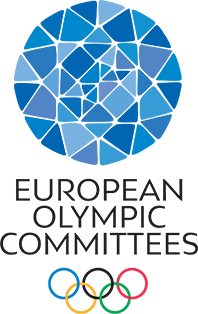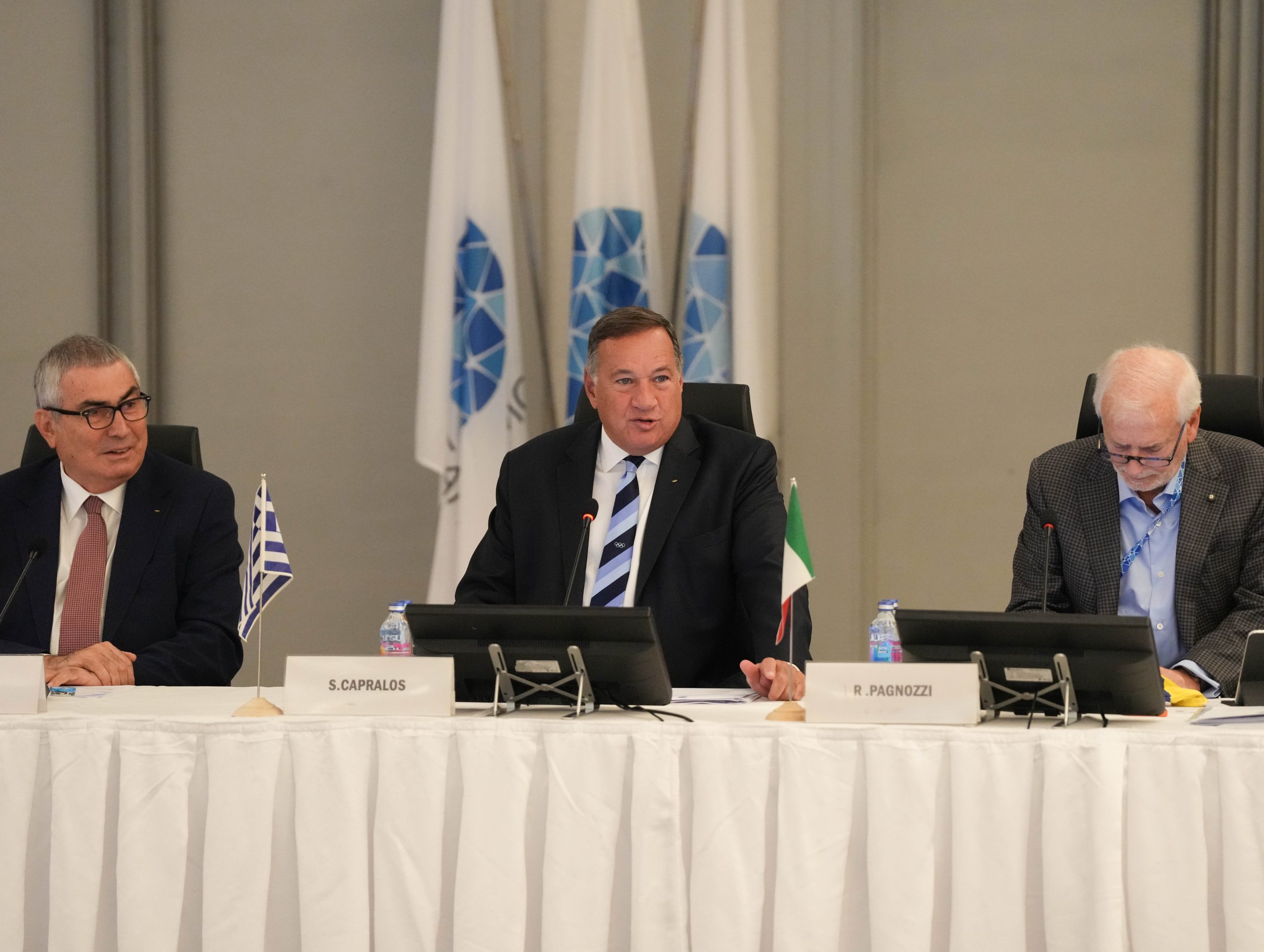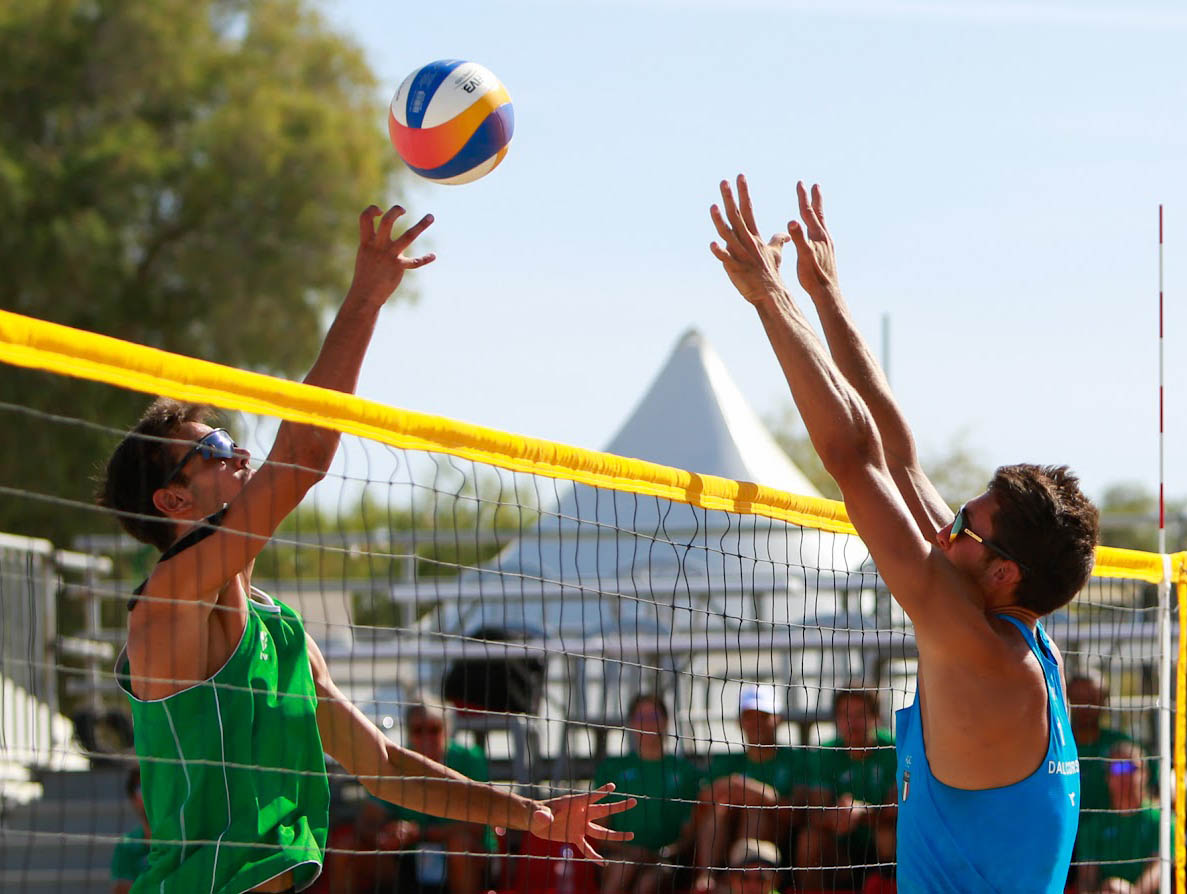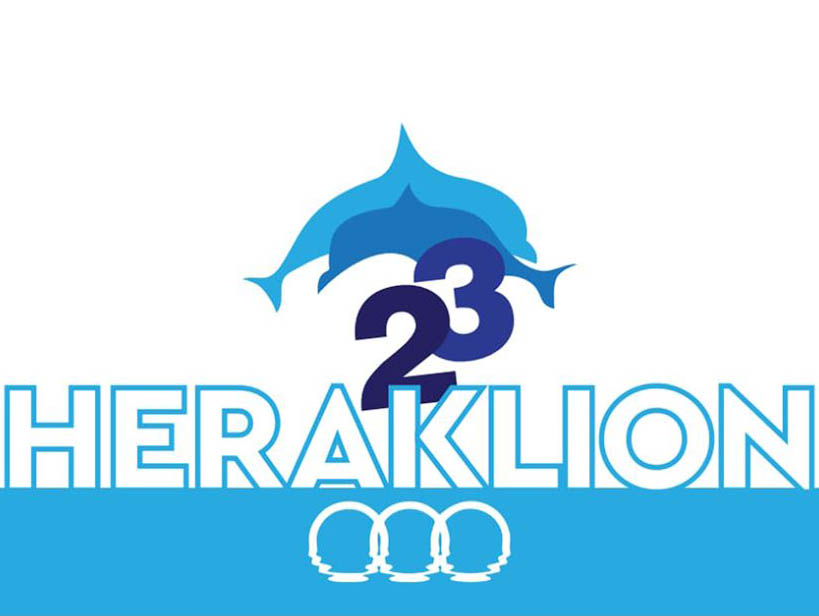1. EU Commission: build on achievements of EYES
Following the positive results of the European Year of Education through Sport (EYES 2004), the European Commission has adopted a Communication addressed to the EU organs entitled: The EU action in the field of Education through Sport: building on EYES 2004 achievements. Therewith the Commission responds to the obligation to report to the EU institutions on the implementation and the results of the EYES 2004.
Based on an extern evaluation of the initiative, the Communication presents the Years main achievements together with proposals for follow-up in the field of education through sport.
EYES 2004 was launched to increase awareness on the potential of sport as a tool for education and social inclusion. Political decision makers, teachers, students, managers of sports organisations, young people and deprived social groups were its main targets.
The Commission wants now to build on the achievements and to ensure a follow-up to the EYES 2004. Included in these measures are: increasing the knowledge at EU level of the place of sport, making better use of the possibilities offered by EU programmes, improving recognition of qualifications and facilitating mobility in sport-related professions and raising awareness of the importance of physical activity in reversing obesity trends.
http://europa.eu.int/comm/sport/index_en.html
2. New directive on bathing water quality passed
Back in October 2002 the European Commission had submitted a proposal for a new directive on bathing water quality, intended to replace or update the old one from 1976. On 17 January the European Parliament ended the discussion process, which had run for more than 3 years, with its final resolution. This followed lengthy negotiations between the Parliament and Council. In the most recent phase, these negotiations in the mediation committee revolved, above all, around the categories for classifying different types of bathing water.
In the meantime, MEPs also proposed including water sports and leisure activities (such as canoeing and windsurfing) in the directives area of application. The aim of the joint initiatives of various sports organisations was to rule this out. At the end of the day, they have been successful in raising awareness, within the framework of the process, of the interests of those involved in water sports.
3. Greening the Torino Winter Olympics
The upcoming 20th Winter Olympics and Paralympics in Torino in February and March will be the first ever truly green major sports events in Europe. Both events will achieve this goal by making good use of EU voluntary environmental tools. At a press conference, Environment Commissioner Stavros Dimas congratulated the representatives of the Torino Winter Olympics Organising Committee (TOROC) for rigorously applying these EU standards and tools from the planning to the execution of work at the Olympic sites.
Although they only last a few weeks, one-off sports events such as the Olympic Games require several years of large scale developments in terms of infrastructure, facilities and accommodation. They draw intensively upon natural resources such as water, air and soil and can leave behind them a mixed environmental legacy for the region concerned.
For these reasons, the Torino Olympic organising committee decided to adopt a life-cycle approach to the Games, taking into account the existing EU voluntary environmental tools and standards from the very outset. These include the health and safety of workers, the management of waste, the rational use of energy and the sustainable use of the facilities after the Games.
With the Torino Olympic Games, EU voluntary environmental tools have, for the first time, proved to be operational for large events.

















